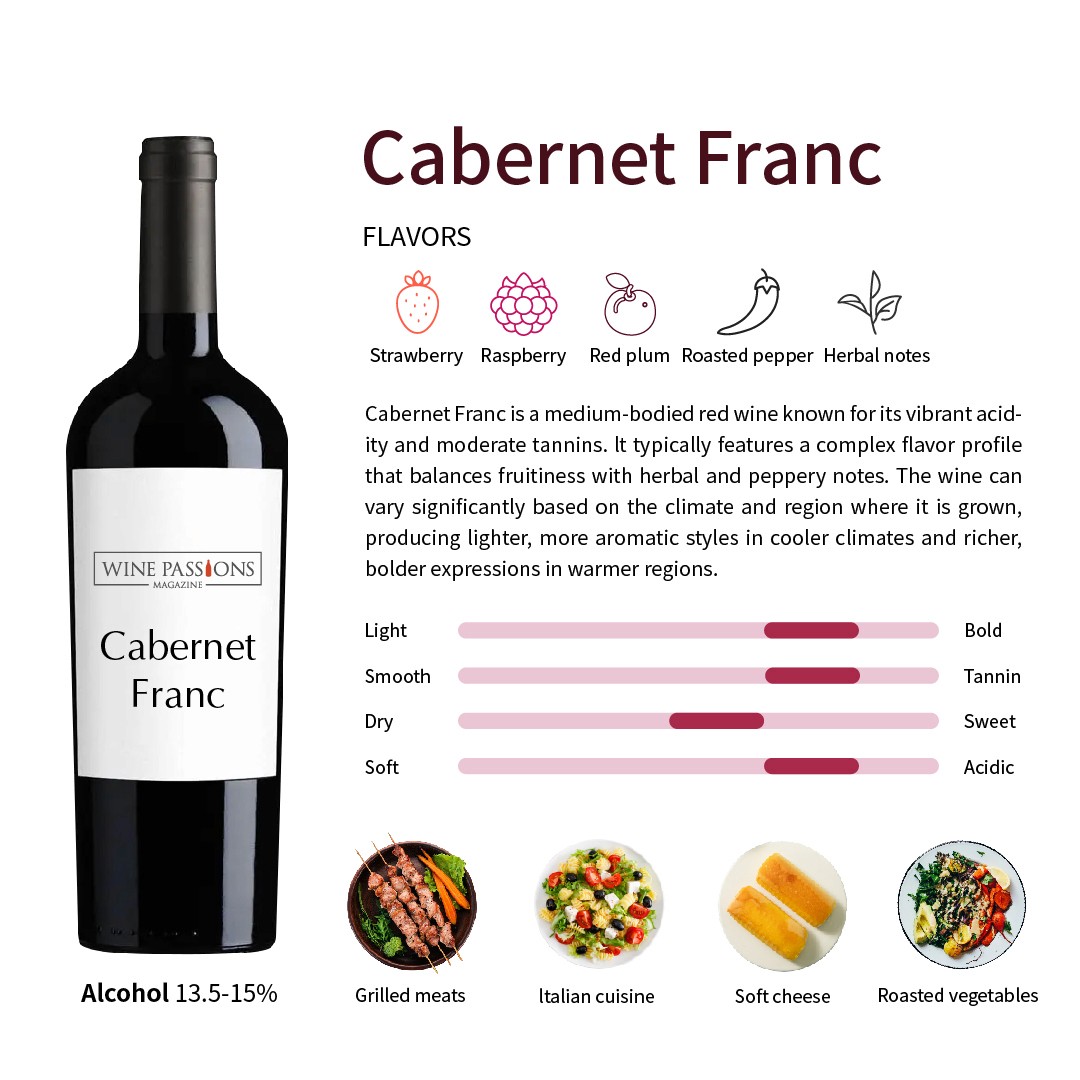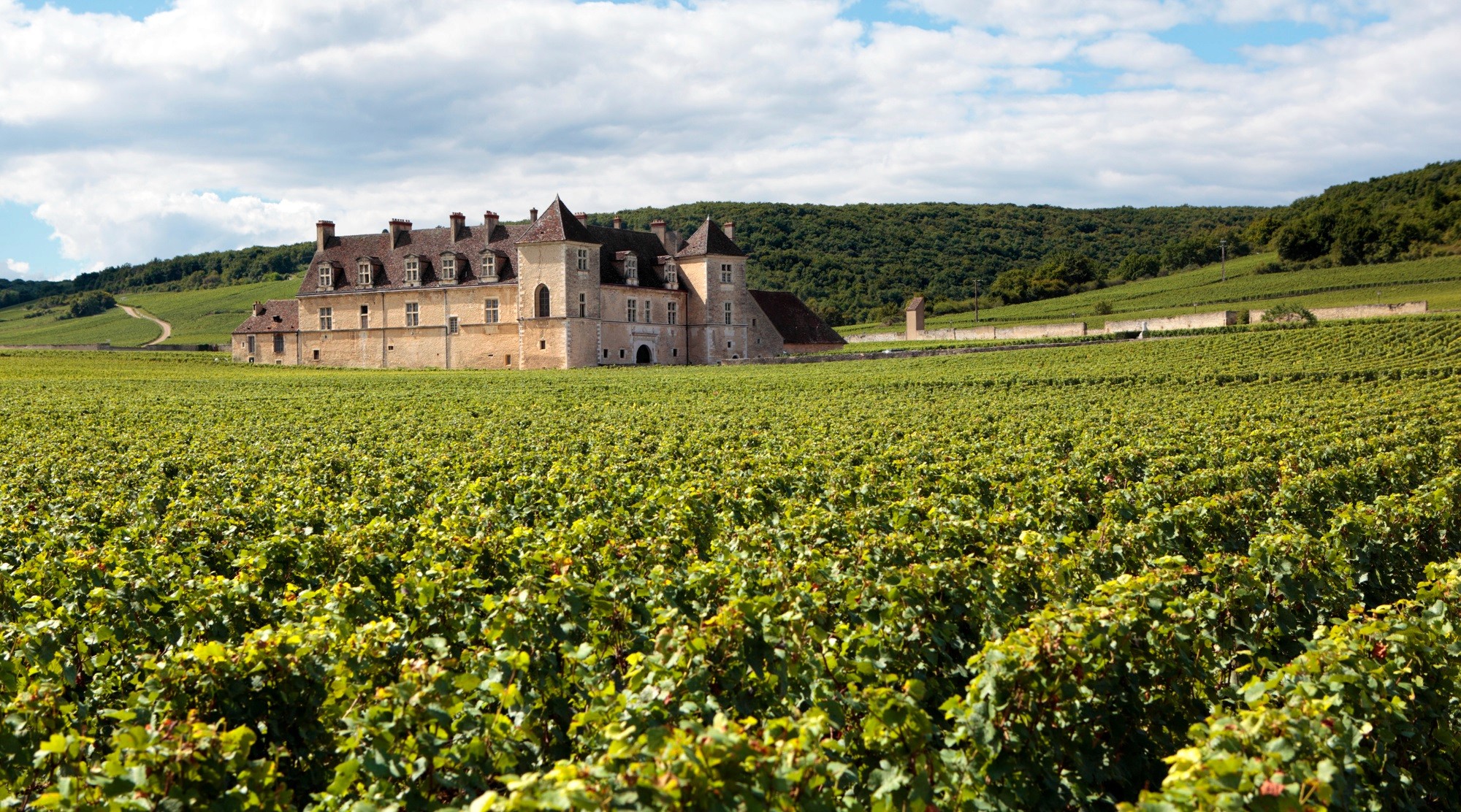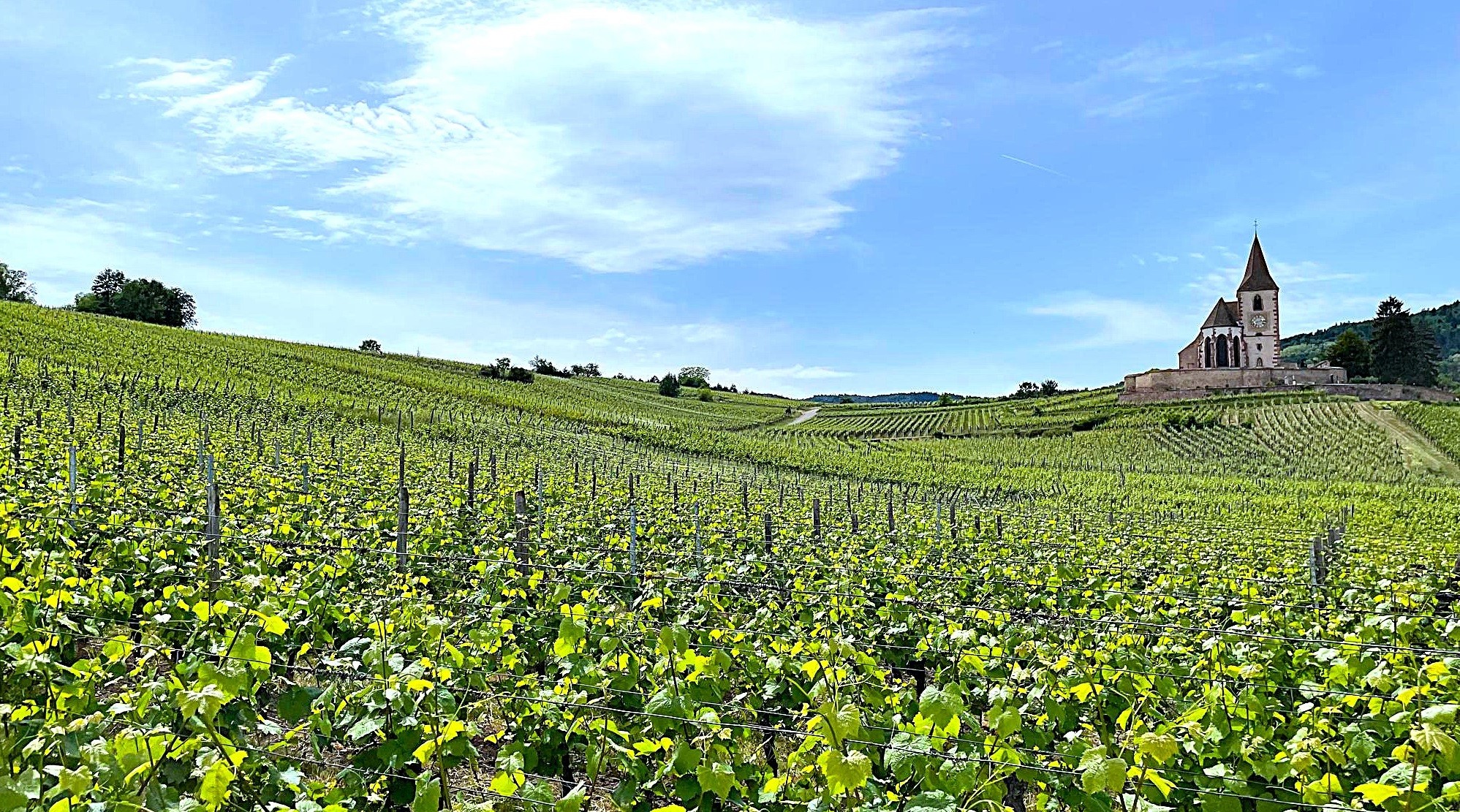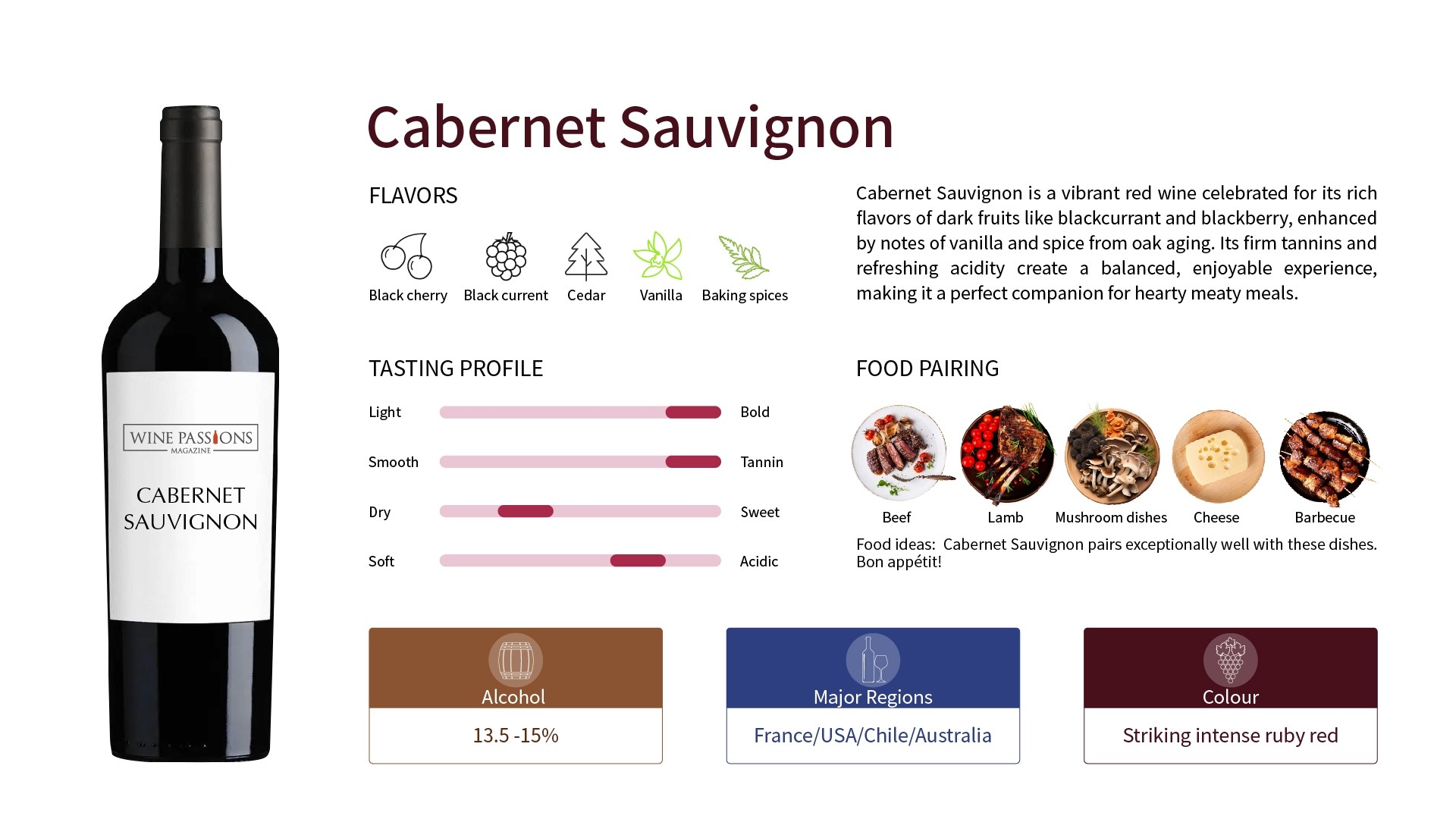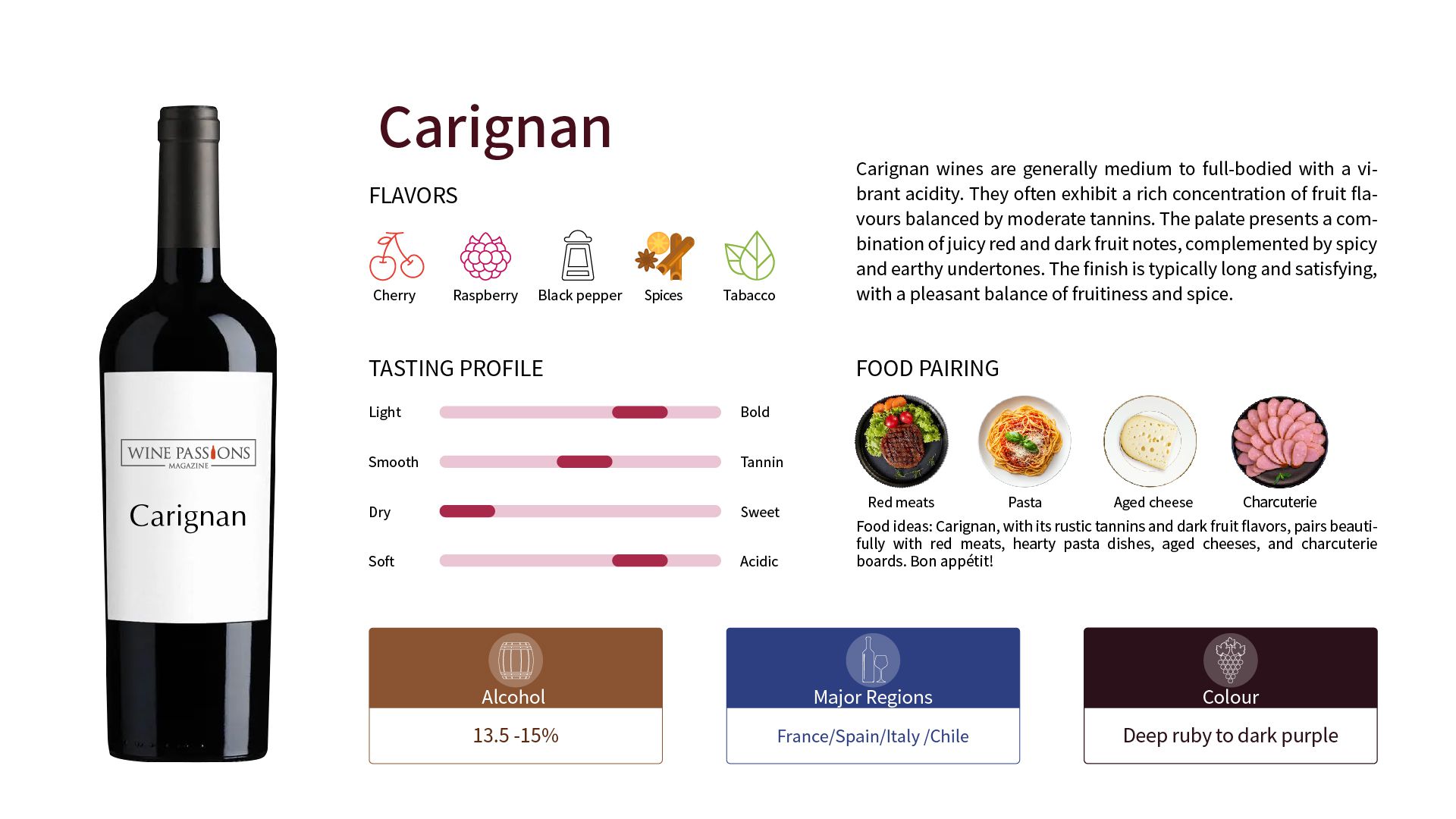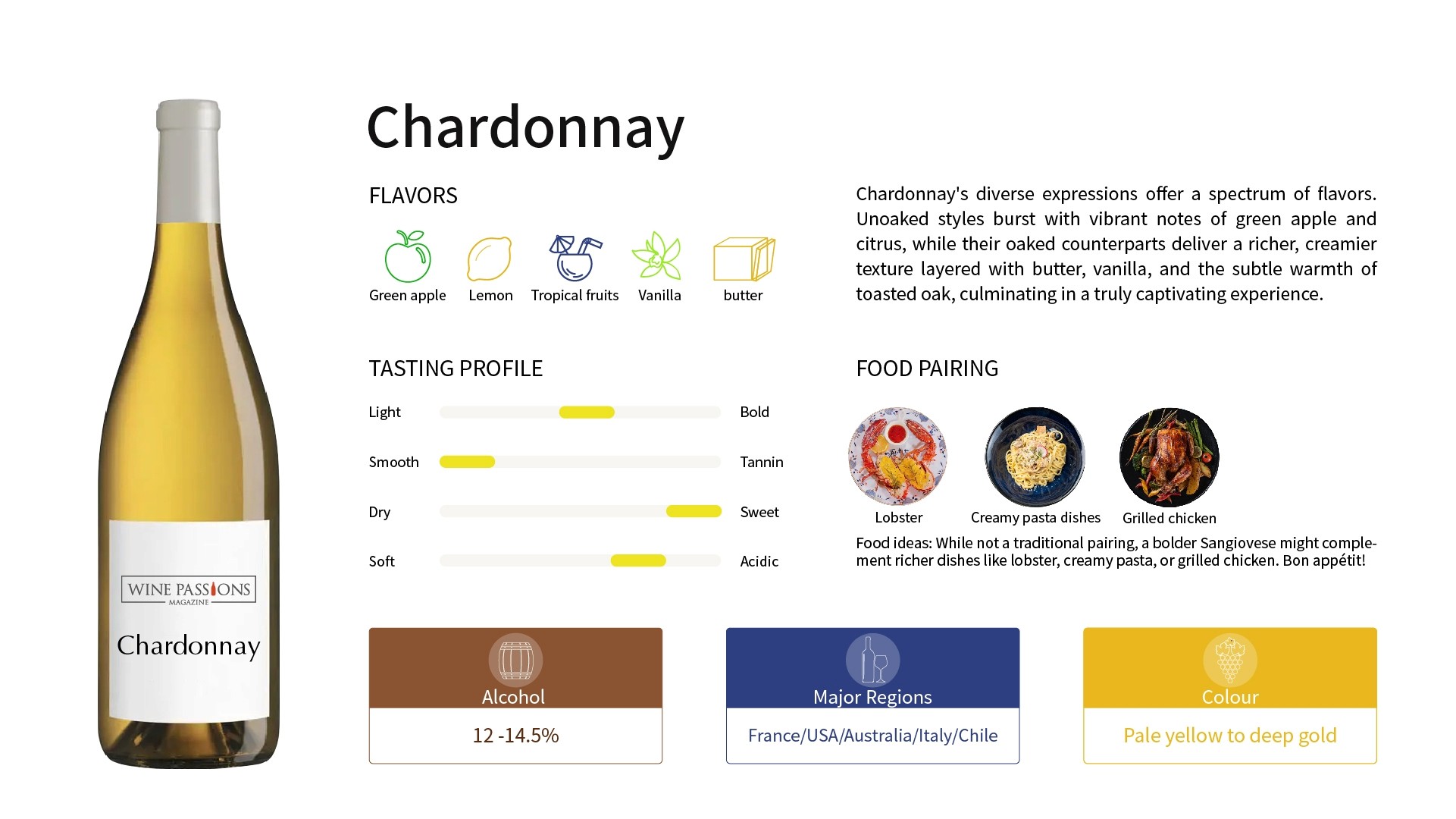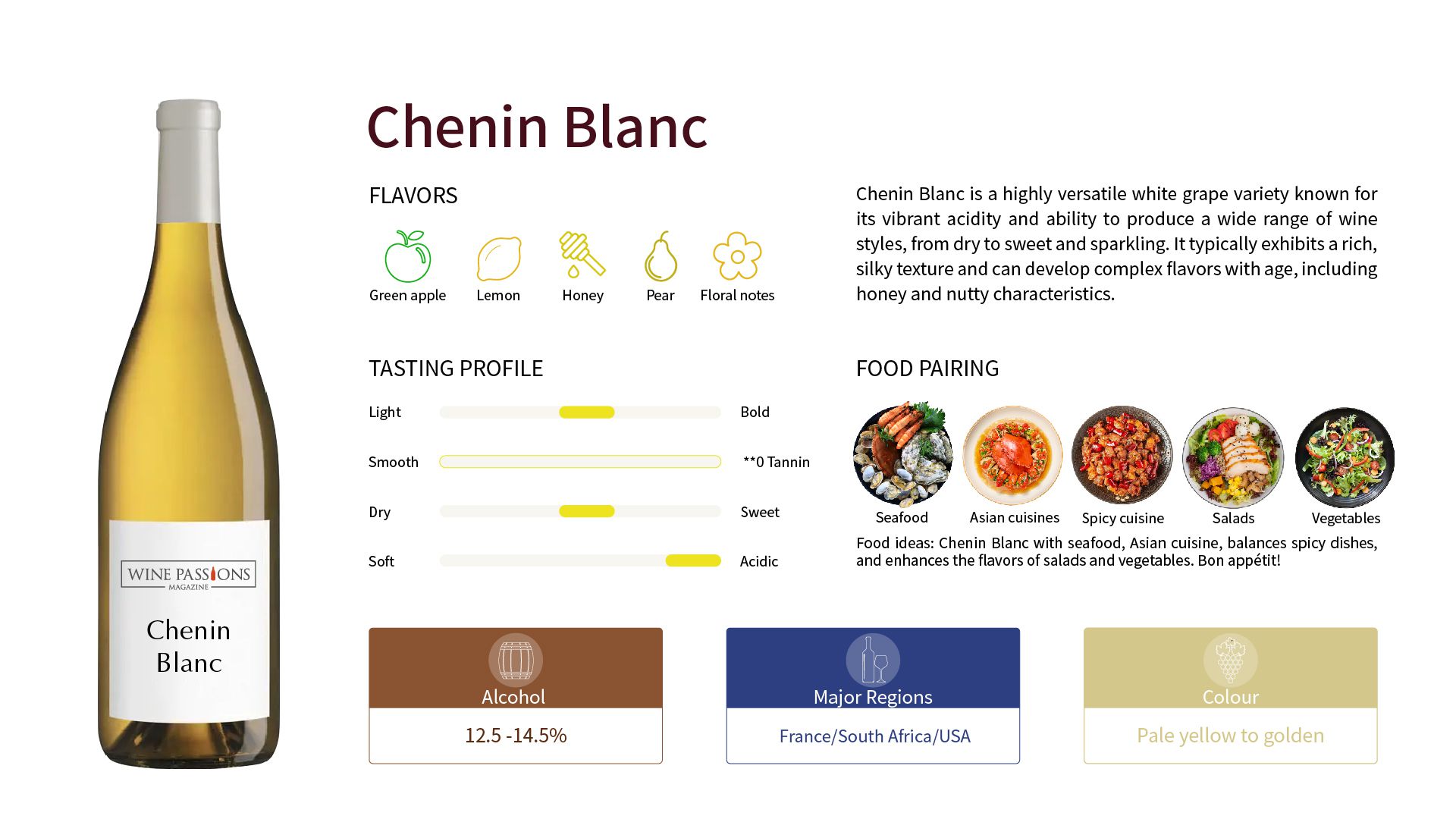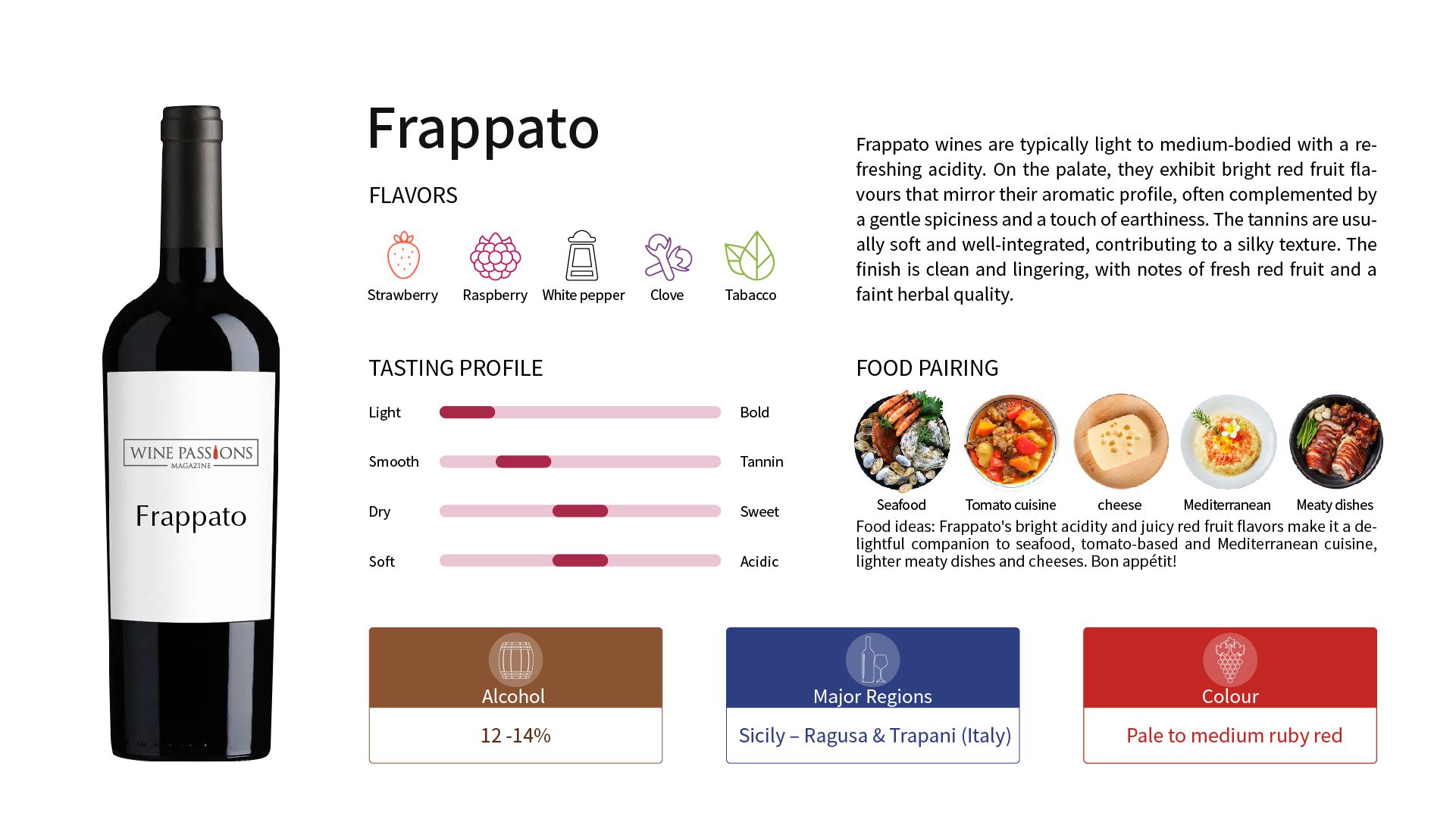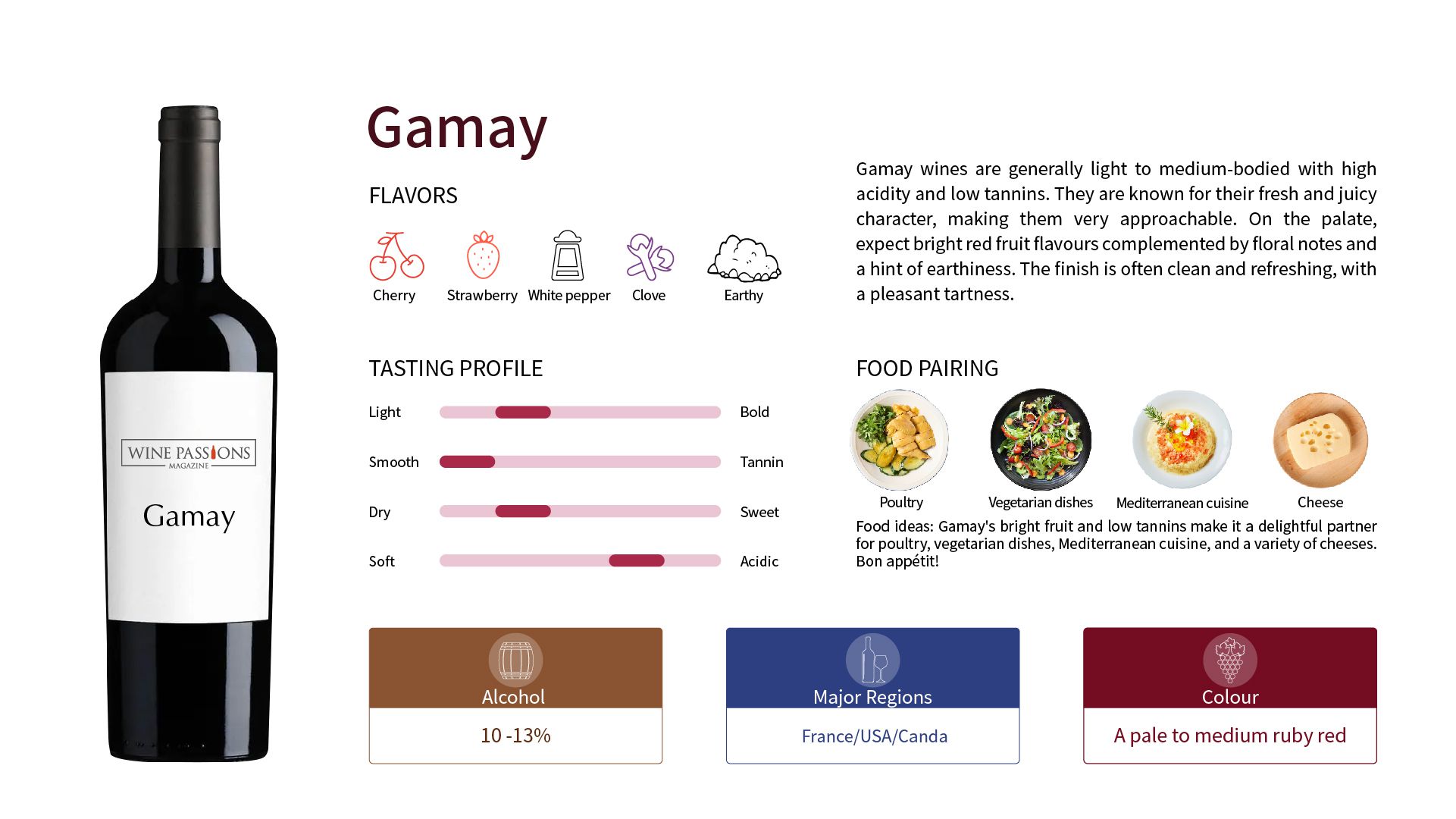Cabernet Sauvignon
Background and Origin
Cabernet Franc is an ancient grape variety, whose origins can be traced back to the early 17th century in the southwestern region of Bordeaux, France, gradually expanding eastward to the Loire Valley. This grape is considered a relative of Cabernet Sauvignon and Merlot, with a close genetic relationship between the three.
Over time, this grape has developed unique flavor characteristics in different regions. In the 19th century, Cabernet Franc was introduced to the United States, particularly gaining widespread cultivation in places like California and Washington State. Initially regarded as a component in blends in the U.S., it gradually gained recognition as a standalone varietal wine with advancements in winemaking techniques and shifts in market demand. Today, high-quality Cabernet Franc is produced in California, Washington State, and Ontario, Canada.
Reasons for the Popularity of Cabernet Franc
Diversity and Flexibility
Cabernet Franc is widely loved for its adaptability. This grape can perform excellently in various climatic conditions, including cool climates and relatively dry environments. Whether in the Loire Valley of France or California in the U.S., Cabernet Franc showcases unique flavor characteristics. Additionally, it is often blended with other varieties (such as Cabernet Sauvignon and Merlot), giving each wine its uniqueness and complexity.Elegant Flavor
Cabernet Franc is renowned for its refreshing acidity and soft tannins, making it an easy-drinking and approachable choice. This quality allows even beginners to enjoy it easily, without feeling overly tannic or difficult to swallow. Its fruitiness combined with herbal flavors evokes a sense of natural freshness, which is an important reason many people love this wine.Strong Food Pairing Ability
Due to its versatile flavors, Cabernet Franc pairs very well with various foods. It complements a range of cuisines, such as grilled dishes, Italian cuisine, and Mediterranean fare, balancing the intense flavors in different dishes with its fruitiness and spice notes. Therefore, in restaurants or family gatherings, Cabernet Franc is often chosen as a pairing wine, enriching the dining experience.Cultural and Historical Background
As a grape variety with a long history and cultural significance, the story of Cabernet Franc draws many wine enthusiasts. From France to the United States, and across the world, Cabernet Franc embodies the winemaking traditions and cultures of different regions. Understanding these background stories allows consumers to have a deeper experience when tasting Cabernet Franc, appreciating the historical significance that each bottle represents.
Flavor Characteristics of Cabernet Franc
Fruit Aromas: Cabernet Franc is known for its rich red fruit flavors, including raspberry, red cherry, and blackberry. These fruit notes typically exhibit vibrant and sweet qualities, making the enjoyment of Cabernet Franc a pleasurable experience.
Spices: In addition to fruit aromas, Cabernet Franc also carries unique spice notes, such as hints of black pepper, herbs, and dry herbs (like rosemary and thyme), adding complexity.
Texture: Cabernet Franc typically has a medium to full-bodied texture, with a round and smooth mouthfeel. Its higher acidity allows for a more balanced overall taste, preventing it from being too heavy.
Main Producing Regions
France: Major producing regions include Bordeaux and the Loire Valley, particularly areas like Saumur and Chinon.
United States: California (such as Napa Valley, Sonoma) and Washington State are also important regions known for their high-quality Cabernet Franc.
Canada: Ontario has also begun producing some excellent Cabernet Franc.
Famous Cabernet Franc Wines
Some famous Cabernet Franc wine brands include:
Château Cheval Blanc (France, Bordeaux), known for its 64% Cabernet Franc, showcasing distinctive red fruit, floral notes, and complex hints of mint. It has high acidity and good aging potential, typically lasting 10 to 15 years.
Domaine Bernard Baudry (France, Loire Valley), renowned for its rich red fruit aromas, with a rounded mouthfeel and good structure, featuring soft yet powerful tannins. It is a wine that can be enjoyed young, displaying fruitiness with a lasting finish.
Helix Cabernet Franc (USA, Washington), characterized by aromas of raspberry, strawberry, and bell pepper, featuring a medium body and lively acidity, making it very suitable as a casual drinking wine.
Ehlers Estate Cabernet Franc (USA, California), showcasing 100% Cabernet Franc with flavors of sour cherry, red currant jam, and blueberry, accompanied by the complexity of fresh rose petals, clove, and spices. It is organic certified, rich in taste with a long finish.
Tasting Handling
Tasting Temperature: The optimal tasting temperature is 15–20°C, within this range is able to fully release its fruit aromas and flavors.
Tasting Glass: It is recommended to use a universal red wine glass to allow enough space for the wine to interact with air, enhancing aroma release.
Decanting Time: It is recommended to decant for 30 minutes to promote oxidation and enhance overall flavor expression.
Aging Storage: High-quality Cabernet Franc can age for 5 to 10 years.
Food Pairing
Cabernet Franc pairs very well with the following foods:
Grilled meats (such as steak, lamb)
Vegetable dishes (such as stews, roasted vegetables)
Italian dishes (such as tomato sauce pasta)
Soft cheeses (such as goat cheese, Camembert)
